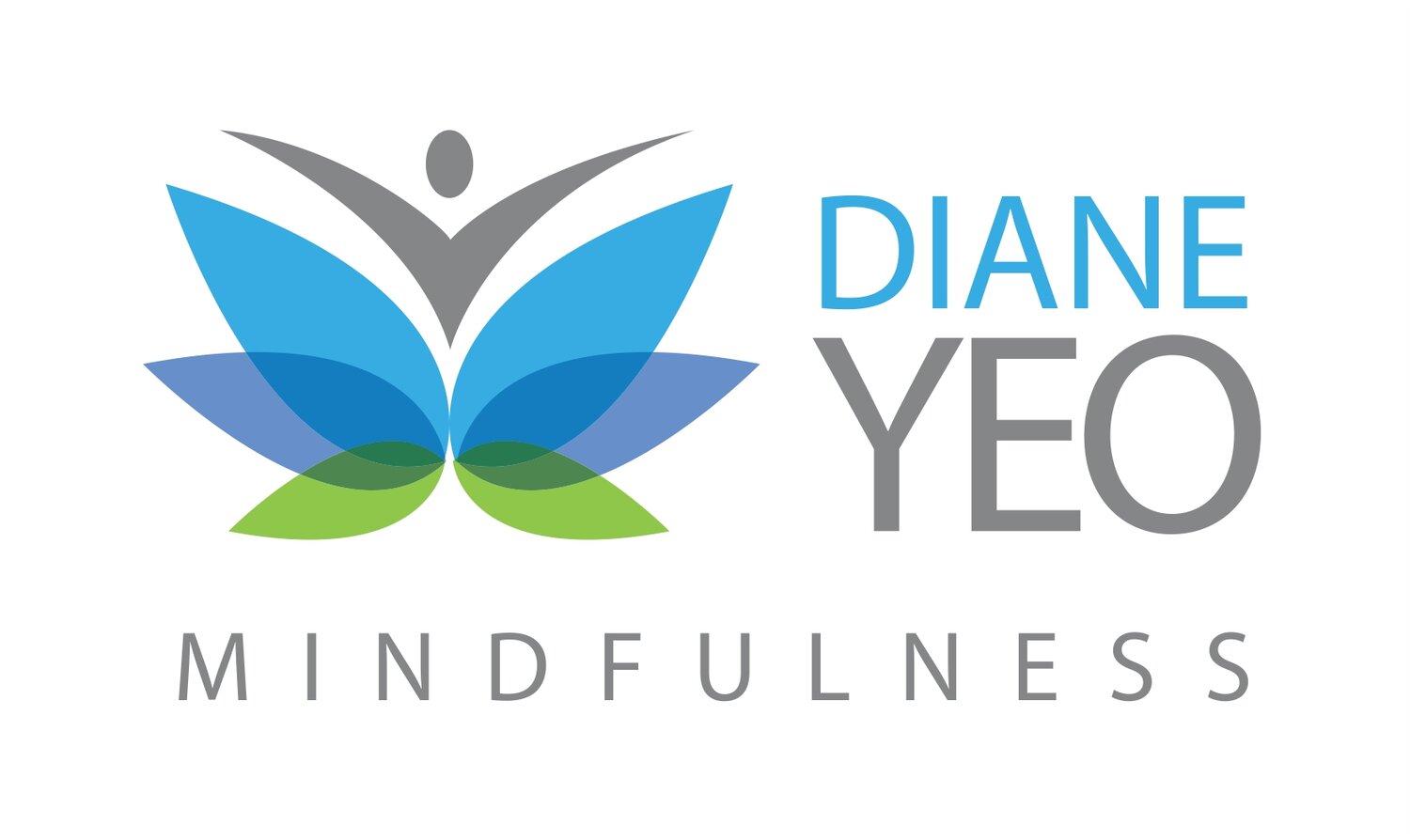Mindful Monday: We Have A lot in Common
One of the things I love the most about coming together with folks in a safe and supportive space is that as people begin to open up to the group, you can feel people starting to relax as they realize how much we have in common.
A shared sense of relief comes with knowing we're not alone and that other people have similar thoughts and feelings, even if their circumstances differ.
Our souls long for connection; we are hard-wired for it.
However, it can be easy to feel isolated and alone when we're struggling through a difficult time or are met with challenges. Sometimes, we think we're the only ones who have challenges or feel a certain way.
So, what do we do?
We often put on a front to fit in and gain approval, and whether we know it or not, it creates a sense of separation because we are trying to be someone other than who we are. There is no authenticity.
This reminds me of what Brene Brown says about the difference between belonging and fitting in:
"Fitting in is about assessing a situation and becoming who you need to be accepted. Belonging, on the other hand, doesn't require us to change who we are; it requires us to be who we are."
I have witnessed time and time again that when people feel safe and dare to share their stories, challenges, wisdom, and dreams, healing happens, hearts open, a sense of unity and connection emerges, and a feeling of belonging is felt.
We begin to realize how much we have in common and how authenticity is the doorway to more meaningful connections with ourselves and each other.
It's interesting how the length of time we have known someone does not always determine our intimacy level with them. We may know a person our whole lives and not even really know them, and then meet someone and feel such a deep connection. It feels real. We are being authentic.
So why do we feel the need to fit in or be different than we are?
We learned this behaviour at a young age. It was a survival mechanism.
Perhaps we were given attention or love when we acted or didn't act a certain way. So, we became like actors. We unconsciously protected ourselves from feeling vulnerable.
Now, as adults, being real or vulnerable may still not feel safe.
Would you agree it can be scary to be vulnerable?
There are no guarantees about how our authenticity will be received by someone. It may or may not be welcome, so we often try to avoid it.
What part of us are afraid to be vulnerable?
The ego.
A younger part of us learned or experienced that feeling vulnerable is unsafe and risky.
As adults, we now have an opportunity to understand where this conditioning came from and explore this part of ourselves with compassion.
We can hold these parts of ourselves with tenderness, opening the door to greater light, love, and truth.
Transformation happens when we are in the now, in our bodies, with our feelings, with it all, knowing there is nothing we need to fix.
We are sharing our truth, developing more awareness, engaging our senses, and experiencing life within and around us.
We are returning home to our true essence; in doing so, we feel less separate and more connected to ourselves and others.
What is your relationship with vulnerability?
Were you taught it is a weakness?
Do you experience the freedom of being vulnerable?
Does it feel like a foreign language in a foreign land?
Is it scary, but you still 'dip your toe in the water' occasionally?
I invite you to be curious.
Remember, you are not alone.
We have so much in common.
May we go inward, be authentic, deepen our connection to ourselves and others, and, in doing so, bring more unity, love, and compassion into the world.
With love,
Diane
